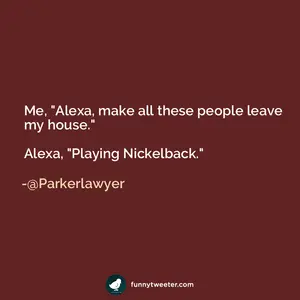Amazon Echo or Google Home? Getting to Know Your Next Best Friend
If you’re new to the virtual assistant AI space, you might be wondering what is the difference between Amazon Echo and Google Home. Where does Alexa live? And who is Google Assistant anyway?
Smart speakers house your voice assistant, that witty little woman that calls your mom, gives you directions to the nearest Papa John’s and has some of the best jokes around. Originally found in your smartphone, AI-powered virtual assistants are now moving into your home. And they’re here to stay.
According to data from OC&C Strategy Consultants, voice shopping is expected to jump to $40 billion in 2022, up from $2 billion today? This means that this new channel, driven by a surge in the number of homes using smart speakers, will most likely be the next major disruptive force in retail.
Today, 13% of homes rely on virtual assistant AI. In the US, Amazon Echo leads the smart speaker race with a 10% penetration followed by Google’s Home with a 4% penetration and Microsoft's Cortana with 2%. But penetration is posed to rise dramatically, forecasted at a 55% homes by 2022.
What does this mean for retailers? That it’s time to listen up. Voice commerce is on the rise and everyone needs to be ready for it. Let’s start by understanding the major players in the current smart speaker space.
Smart Speakers You Should Know About
Amazon Echo
Alexa’s companion of choice, Echo is, well, Amazon’s smart speaker. In addition to answering questions, calling or messaging, and playing music, through Echo can provide real-time information such as weather and traffic, make to-do lists, set alarms, stream podcasts, play audiobooks and control several smart devices, acting as a home automation hub. Most interestingly, you can have Alexa to restock your fridge or replenish your pantry. From Amazon, of course.

Google Home
Google’s response to Amazon Echo, Google Home, was released in 2016. Similarly, with Google Home lets you listen to music, control playback of videos or photos, or receive news updates entirely by voice, as well as integrated support for home automation, all through Google’s AI virtual assistant cleverly called Google Assistant.
It also comes in a variety of versions: Google Home Max (larger, built for sound and more expensive), Google Home Hub, or Google Home Mini (smaller).
Google Home Hub has a 7-inch touchscreen display to watch videos, view photos, control your smart home via touchscreen. You can also view who’s at your door with a compatible video doorbell.
Difference Between Amazon Echo and Google Home
According to Digital Trends, the main difference between Echo and Home is cost (Echo is cheaper). Echo also has greater variety of models, colors and fabric choices. It’s also compatible with more smart home devices. But... Google Home and Assistant seem to be smarter.
Both powerhouses are in the voice business for the long haul – and this game is just getting started. Hop on.
Are you ready to learn more about how to leverage voice in your business?
Check out Discovered: Dominate online and voice search without wasting time or money
Discovered is the first book of it's kind written for business leaders to understand how to leverage expert techniques to stand out in online and on voice search.


0 comments